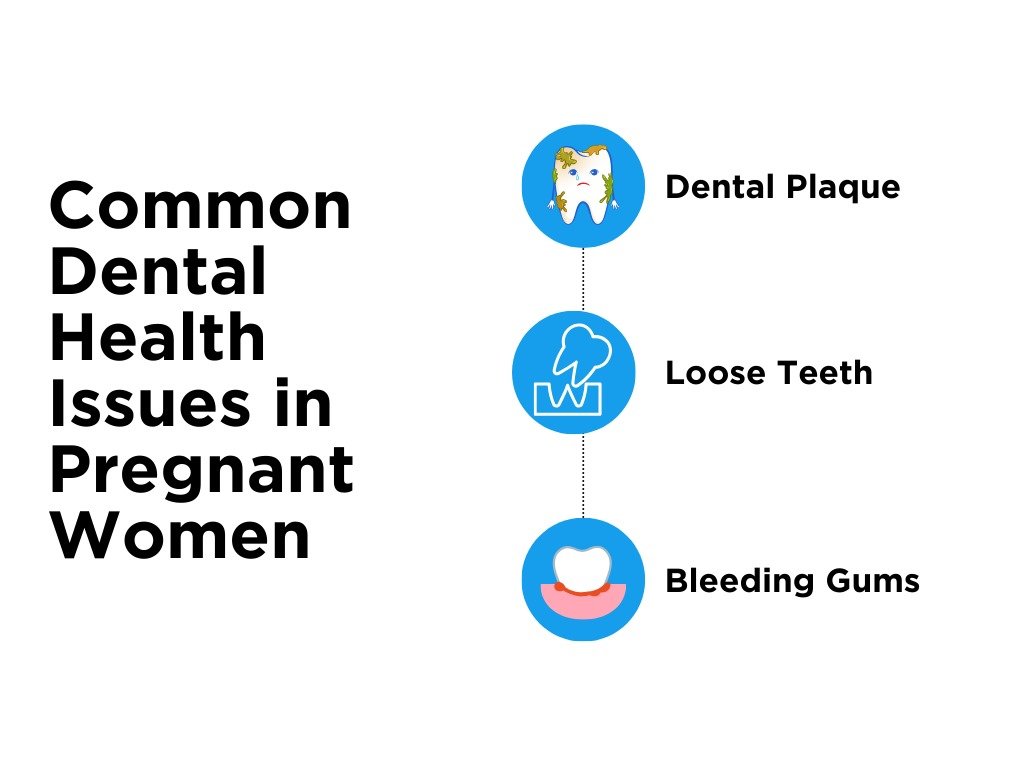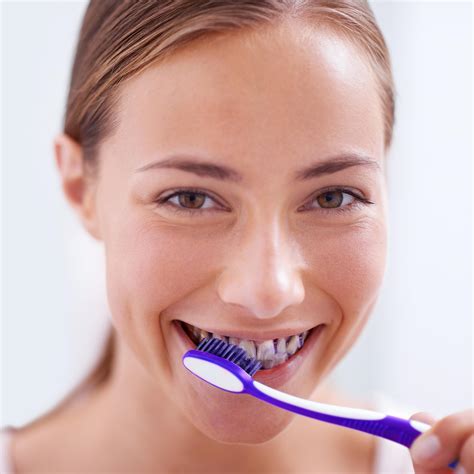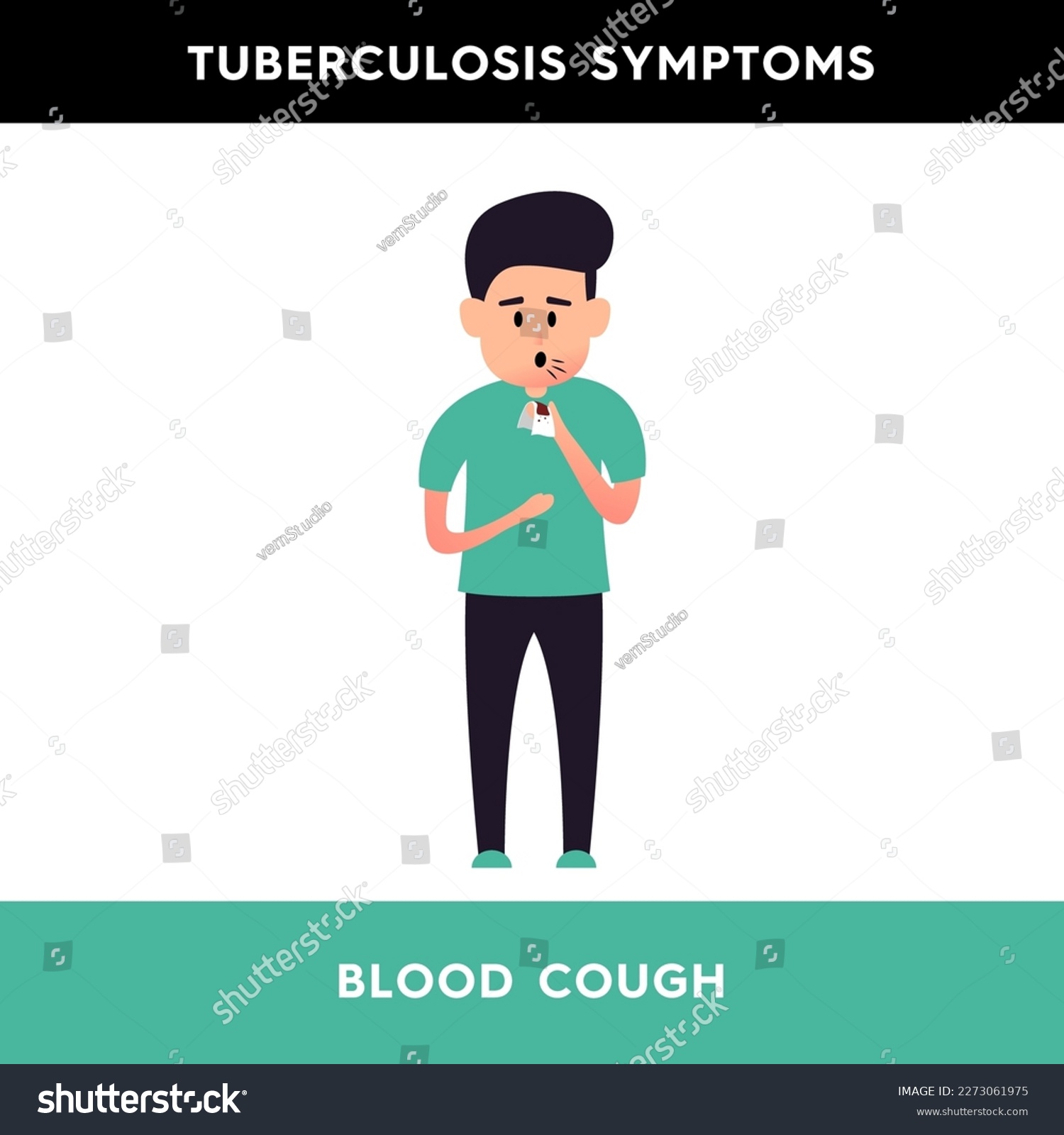What Risks Dental Extraction During Pregnancy? Safe Solutions

Dental extraction, a procedure to remove a tooth from the mouth, is sometimes necessary due to various reasons such as severe tooth decay, infection, or crowding. For pregnant women, undergoing dental procedures can be a concern due to the potential risks to both the mother and the fetus. The primary risks associated with dental extraction during pregnancy include infection, bleeding, and the potential for premature labor. However, with proper precautions and timing, many dental procedures, including extractions, can be safely performed.
Risks of Dental Extraction During Pregnancy
Infection: The most significant risk of any dental procedure, including extractions, is infection. Pregnancy suppresses the immune system, making it harder for the body to fight off infections. If an infection occurs, it could potentially spread to other parts of the body, posing a risk to the fetus.
Bleeding: Pregnancy-induced changes in blood vessels can lead to increased bleeding during and after dental procedures. This risk is particularly pronounced in the third trimester due to increased blood volume and vessel fragility.
Premature Labor: There is a theoretical risk that the stress and discomfort of dental procedures could induce premature labor, especially if the procedure is performed during the late stages of pregnancy.
Medication Concerns: Many medications used in dentistry, such as antibiotics and pain relievers, may have potential risks during pregnancy. The choice of medication must be carefully considered to ensure that it is safe for both the mother and the fetus.
Radiation Exposure: Although dental X-rays involve minimal radiation exposure, there is still a concern about the potential effects on the fetus, particularly during the first trimester when organ development is most sensitive.
Safe Solutions for Dental Extraction During Pregnancy
Despite these risks, dental extractions can often be necessary to prevent more severe complications, such as abscesses or systemic infections, which could pose greater risks to the pregnancy. To minimize risks, the following guidelines are recommended:
Elective Procedures Postponed: Whenever possible, elective dental procedures, including extractions, should be postponed until after the pregnancy, unless they are deemed essential for the patient’s health.
Second Trimester Preference: The second trimester (between 13 and 26 weeks of gestation) is often considered the safest period for dental procedures, as the risks of miscarriage and premature labor are lower compared to the first and third trimesters, respectively.
Local Anesthesia and Pain Management: Using local anesthesia can help minimize discomfort and stress, reducing the risk of inducing premature labor. Pain management strategies should focus on the safest options for the pregnant patient, often involving acetaminophen (Tylenol) for pain relief.
Infection Control: Ensuring meticulous infection control practices during the procedure, along with the appropriate use of antibiotics when necessary, can mitigate the risk of infection spreading.
Consultation with Healthcare Providers: It’s crucial for pregnant women to consult with both their dentist and obstetrician before undergoing any dental procedure. This ensures that all parties are aware of the procedure and can provide guidance on minimizing risks.
Stress Reduction: Minimizing stress and discomfort during dental procedures can help reduce the risk of premature labor. Techniques such as deep breathing, relaxation, and possibly sedation dentistry (with appropriate precautions and medications safe for pregnancy) can be beneficial.
Practicing Good Oral Health
Preventing the need for dental extractions in the first place is ideal. Pregnant women can reduce their risk of dental problems by:
- Maintaining good oral hygiene practices, including regular brushing and flossing.
- Visiting their dentist for a check-up early in their pregnancy to identify and address any oral health issues before they become severe.
- Eating a balanced diet that is low in sugars and acids to prevent tooth decay.
- Considering a dental cleaning and fluoride treatment during the second trimester if recommended by their dentist.
By understanding the potential risks and taking proactive steps to minimize them, pregnant women can ensure their oral health needs are met safely throughout their pregnancy. Regular communication with healthcare providers and adherence to recommended guidelines can help in navigating any necessary dental procedures, including extractions, with minimal risk.
Is it safe to have a tooth extracted during pregnancy?
+While there are risks associated with dental extraction during pregnancy, such as infection and premature labor, many extractions can be safely performed, especially during the second trimester, with proper precautions and under the guidance of both a dentist and an obstetrician.
What are the best practices for dental health during pregnancy?
+Best practices include maintaining good oral hygiene through regular brushing and flossing, visiting the dentist early in pregnancy for a check-up, eating a balanced diet, and considering professional dental cleaning and fluoride treatment as recommended by the dentist.
How can I minimize the risks associated with dental procedures during pregnancy?
+Risks can be minimized by postponing elective procedures until after pregnancy, performing necessary procedures during the second trimester, using safe pain management strategies, ensuring good infection control, and consulting with both dental and obstetric care providers.
Are there any specific medications that should be avoided during pregnancy for dental procedures?
+Yes, the choice of medication during pregnancy must be carefully considered. For example, while acetaminophen (Tylenol) is often recommended for pain relief, other medications like ibuprofen and certain antibiotics may have restrictions or require careful selection based on the trimester and patient’s health status.
Can I undergo dental X-rays during pregnancy?
+While dental X-rays involve minimal radiation, they should be limited to situations where they are absolutely necessary for diagnosis or treatment planning. Digital X-rays, which expose patients to less radiation, are preferred. In many cases, alternative diagnostic methods can be used to minimize exposure.

